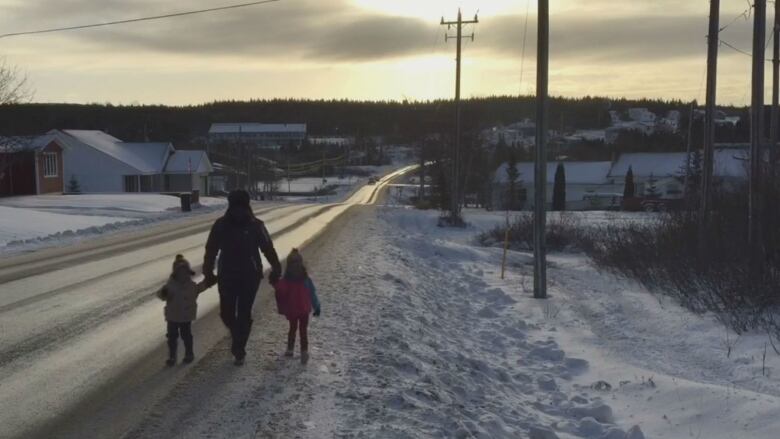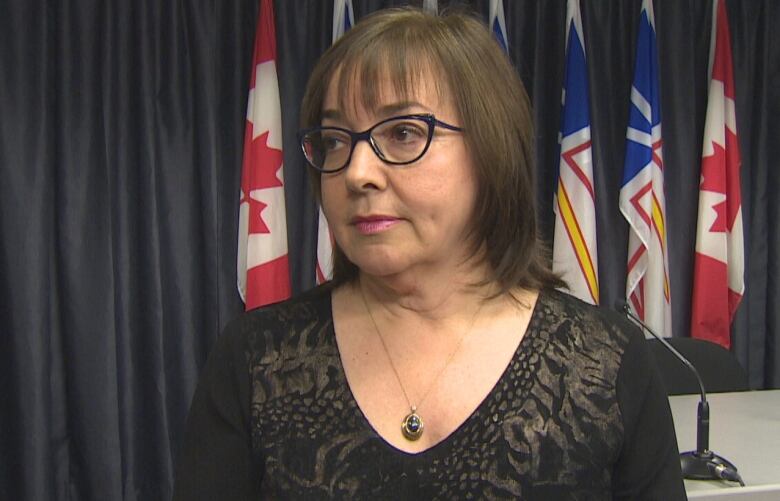Results of independent review of Inuit kids in care coming next week
Province's child and youth advocate to release independent review Sept. 4

Anindependent review of the treatment, experiences and outcomes of Inuit children and youth in the province's child protection system will be released next week.
Jackie Lake Kavanagh, the province's child and youth advocate, will deliver the reportSept. 4 in Nain.
The Nunatsiavut government asked Lake Kavanaghin April 2018 to conduct the review.
"The review will identify deficiencies, explore promising and best practices, and make recommendations for improved outcomes within an appropriate cultural context," said a news release issued at that time to announce the review.

The Nunatsiavut government asked for the review as concern about the overrepresentation of Indigenous children in protective care, both in the province and nationally, was growing.
Federal numbers released shortly before the Nunatsiavut government asked for the reviewshowed 34 per cent of the 1,005 kids and youth in carein Newfoundland and Labrador at the time were Indigenous. Nearly half of those children were Inuit, the 2018 release said.
In 2017,a story by CBC News called Uprooted looked intowhy so many of Labrador's children are in care far from home, living withfamilies on the islandin communities such as Roddickton and Englee.
"This is a historical issue with its roots in colonial practices reflected in residential schools, generations of families with histories of trauma, and social inequality. The status quo is not acceptable and cannot continue for Inuit children and youth,"Lake Kavanaghsaid in the 2018 release.












_(720p).jpg)


 OFFICIAL HD MUSIC VIDEO.jpg)
.jpg)



























































































